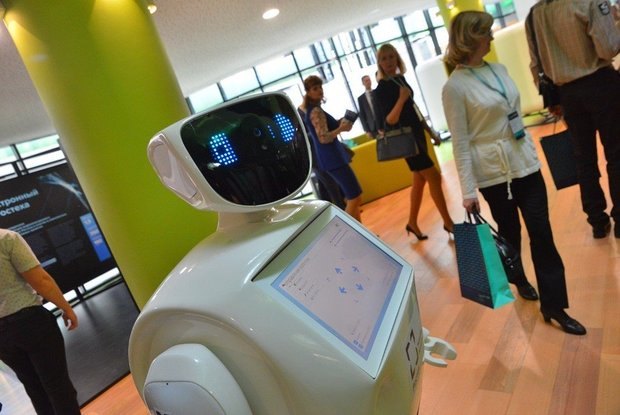Will machines define life and politics? Five reasons why this is possible
What will the civilisation of the future be like and why can humans surrender the power over the world to machines?
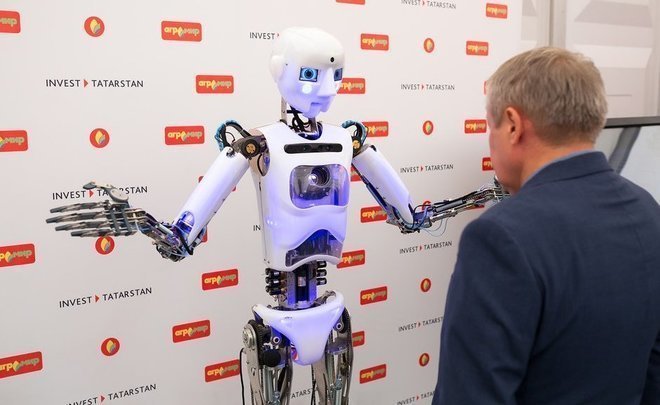
We were predicted as early as the late 20th century in iconic films — The Terminator and Matrix (though these weren’t the first compositions about this theme) — that machines would run the world. In the 21st century, many seriously joined the voice of fantasy writers and cinematographers — from Facebook critics to supporters of the elimination of 5G networks. Vladislav Surkov who wrote a policy article where he predicted that machines would soon define our life and politics joined this choir. In a column, Anna Svirina, vice rector of science and development of TISBI Management University, reflects on what prerequisites our society has for this.
The future determined by machines makes some of us happy and others fear. But it isn’t hard to notice that we use automatic ratings, recommendations, search systems more and more. So has a step towards such a future already been made? There are already prerequisites for this. I will enumerate five factors that, I think, speak about the possibility of the arrival of “people-free democracy” Surkov writes about.
- Factor No. 1: more recommendations to God of recommendations
It is considered that in the last 20 years humankind has created more content than during the previous period of its existence. With such a colossal flow of information, a person’s desire to filter at least part of data coming from all sides isn’t surprising at all.
Google search engines started this process a long time ago: try to do the same search from different people’s computers, and the search results will be different. An algorithm will place what the user of the device considers a priority up.
Then services picking music, films, literature, clothing stores, schools, universities appeared. In a word, today it is hard to find a sphere without automatic rating advising what suits you best. And we use this with pleasure by reducing the range of choice and delegating this right to algorithms.
If we continue this chain, we will shortly see algorithms deciding for us, not us ourselves. Moreover, we will have an absolute illusion of freedom of choice.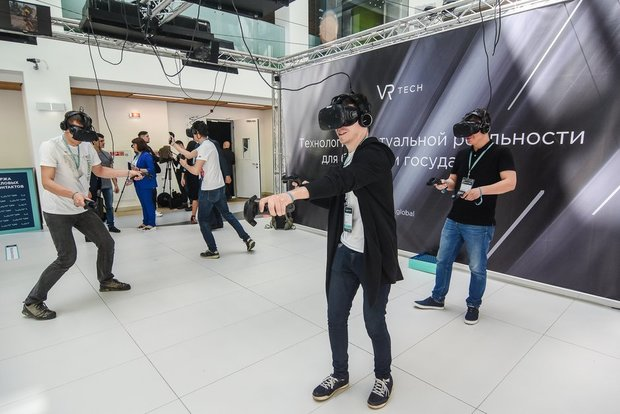
- Factor No. 2: humans tend to be wrong
Humans make mistakes much more often than machines. This is why modern-day equipment tries to exclude their influence from the processes where the price of a mistake is especially high. For instance, not people but machines started to make decisions in aviation and space a long time ago, and the amount of such areas gradually increases.
One does not necessarily have to know how to draw animated videos, make presentations and business cards, create online courses, since there are constructors that will flawlessly do this for you, it is necessary to choose one of the options and create your own content (though strictly within a pattern).
And we see that the number of such spheres grows with the cheaper price of algorithms and machines. In modern society, humans are in demand where empathy is necessary and they are not needed where clear and accurate decisions must be made.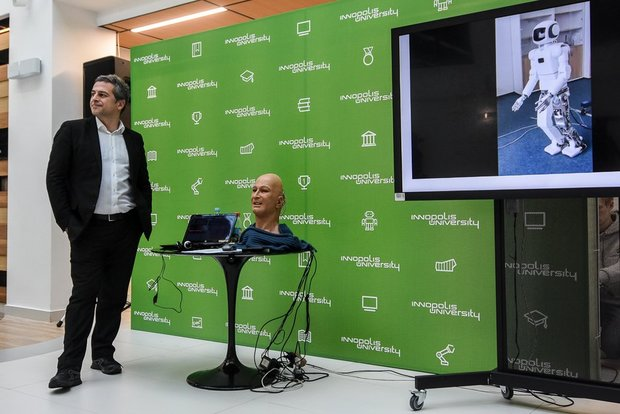
- Factor No. 3: humans are inclined to wrongly assess the probability of events
Experimental economy, research on casino players’ behaviour and a study of consumers’ irrational behaviour gave us approximately identical answers to the question if humans act rationally. And the answer is often negative.
We tend to overestimate the probability of unlikely events and underestimate the probability of those that will almost certainly happen. We too often consider insignificant things important and, in contrast, disregard serious things.
The last 50 years of research have proven that a rational person whose existence the economy is based on doesn’t exist, as we make decisions given our perception of reality, which rarely coincides with the reality itself. Machines are free of this disadvantage. And where a human can luckily guess at the 100th attempt the machine will accurately calculate at the first one. So who will win in this case? - Factor No. 4: humans are mercenary
And year, it seems we were aware of this a long time ago — the worship of the golden calf was described as early as in the Bible. Among modern theories, the theory of games, mathematical approach to calculating what the system where each of the players tries to maximise their profit will come to rests on this postulate.
As a result, the wonderful world in which everybody would feel good becomes almost impossible because there is always one who finds it beneficial to use resources for his own good. Others do this after him, and there is big inequality.
While the machine can be limited to making certain decisions, and it will always decide in the same way, according to fair principles the author of the algorithm set. It cannot be bribed: it doesn’t have desires, it doesn’t like the shining gold, it is happy with the resources it is given.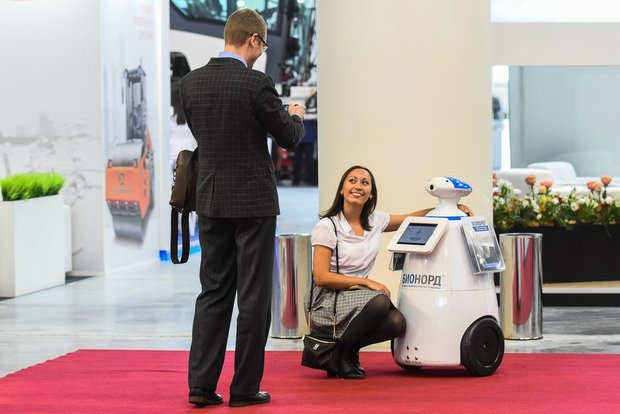
- Factor No. 5: not all people have critical thinking
Critical thinking requires considering a situation from different angles first, then making decisions based on what one saw. But this takes much time and money (from a perspective of using the organism’s resources). And we often surrender to the impulse and make a decision considering the data we obtained first and don’t think that almost any event can have at least several explanations.
The machine, if we programme it correctly, won’t make such a mistake and will make accurate decisions. It is guided by the algorithm it was set and isn’t prone to brush some important parameters off only because it didn’t like them.
All these factors are important and lead to summaries that sound louder. Only one thing confuses me in the world in which rationality won: if feasibility wins, there must be a Sparta where it is necessary to throw a kid off the cliff so that the kid won’t eat valuable resources of the country. It is also necessary to get rid of a weak adult because time, money and energy have to be spent on him. But for some reason, humankind didn’t choose this road in Ancient Greece. And it seems the result didn’t turn out to be bad...